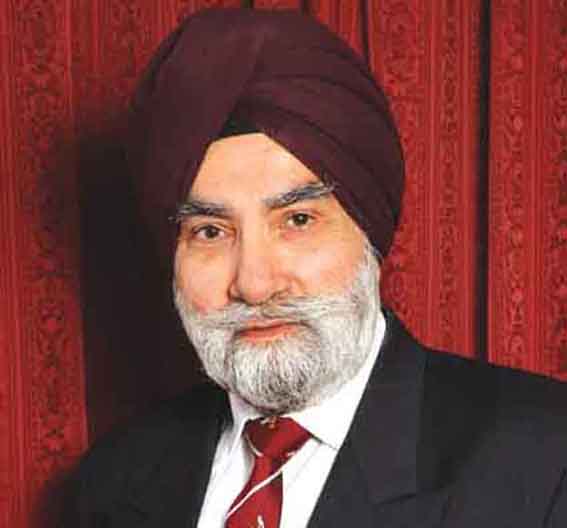PM Modi Bows Before the Indian Ann-Daatas A shot in the arm for Indian democracy

On the Parkash Gurpurab of Guru Nanak Sahib, Prime Minister Modi has bowed before the democratic will of the Indian farmers to get the Black Farm Laws repealed. At least, for the time being, Indian democracy has received a shot in the arm. Sanity and democratic sense has prevailed. Otherwise, the BJP Government had been pushing through the Hindutva nationalist agenda with hardly any effective opposition.
To quote a United Sikhs communication: The principles of the Sikh faith - seeking social justice, serving the downtrodden, uplifting humanity, risking ones own welfare to provide for another to name a few have been on full and vivid display throughout the protest. The turnabout by the Indian Government is testament to the strength of those very hands that feed a nation of over a billion people.
The plight of the Panjab farmers, later joined by farmers from all over India, has also become a legitimate diaspora Indian and Sikh issue due to inseparable family and heritage links. The farm laws would have put the small farmers at the mercy of powerful corporations. Even now the Samyukta Kisan Morcha (SKM) representing over forty Indian farmers unions has cautiously said that the Kisan Andolan continues its struggle for all its rightful demands to be met by the Government of India and advised all protesting farmers to continue with the announced programs with full energies.
While there is a sigh of relief, there is no cause for overt jubilation. In fact, the pre-agitation real issues and challenges have to be faced as yet. I wrote in January this year that the way of life of a people is not negotiable. Indian farm laws rushed through the Parliament cannot be negotiated but have to be repealed as a pre-condition for a fresh start. It is true that agriculture in Panjab, Haryana and other states is in need of overdue reforms. A revision of farm produce procurement policies can provide minimum support price (MSP) security for the farmers while introducing diversity of crops to meet market demands. Such reforms will also safeguard the environment and raise ground water level.
In addition, there is need to attract clean industries and opportunities for employment in Panjab. Major educational reforms are needed to raise standards and to make education relevant to the skills needed in different fields, including IT and new technologies and services. Next generations with the right aptitudes and skills should move away from agriculture to other fields of employment.
Ideally, this can be a structured tripartite approach around one table involving the farmers, state and federal governments, and the business community. Corporations can play a constructive role. Such a process should be well supported by specialist advisors. It can be widened to other sectors where trade and economies are inter-linked and inter-dependent.
Panjab and the surrounding states have the resources to bring about major changes through such an approach which safeguards farmers interests and way of life through minimum support prices and watchdog bodies with regulatory powers.
Finally, Sikh morchas during the colonial rule and now the just protest by the Indian farmers led by Sikhi principles have shown that if the cause is just then a well organised civil protests can be successful.
Gurmukh Singh OBE
Principal Civil Servant Retd (UK)